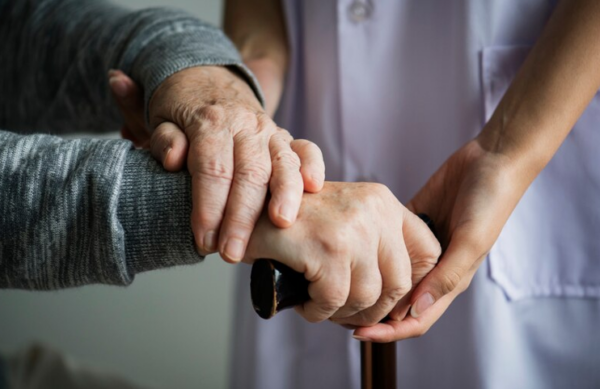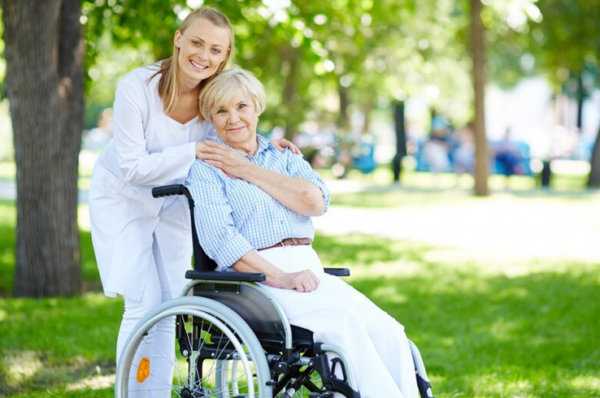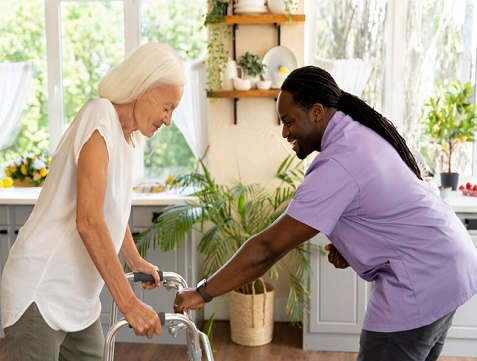What to Expect from At Home Senior Caregivers: A Complete Guide for Families
 Every day this year, over 11,000 Americans turn 65. Because of this “Peak 65” trend, more families than ever need care for a senior. Understandably, most older people want to remain in their own houses as they age.
Every day this year, over 11,000 Americans turn 65. Because of this “Peak 65” trend, more families than ever need care for a senior. Understandably, most older people want to remain in their own houses as they age.
A lot of families start by taking care of themselves out of love. But what’s the truth? It quickly gets too much. That’s when you need help from a professional.
It’s important to know what a nurse does if you want to become one or hire someone to do it for you. This piece tells you what to expect, how to get ready, and how to ensure your loved one gets good care while living in the home they love.
What At-Home Senior Care Actually Means
At-home senior care helps older people live happily in their homes as they age. This help comes in two primary forms:
Family caregivers are relatives who help out without getting paid. While caring, this job often causes stress and burnout for family members.
Professional Caregivers: Trained people who offer organized care. Many families choose At Home Senior Caregivers from agencies because they’re approved, licensed, and reliable.
Seniors usually need this care when they fight with daily chores due to physical limits, chronic sickness, cognitive loss, or healing times.
The biggest advantage? Seniors keep their freedom while living in familiar surroundings, which significantly improves their mental health.
Main Jobs Home Caregivers Do for Seniors
Home aides perform several key jobs based on each senior’s care plan:
* Personal Care: Caregivers help with daily tasks like bathing, dressing, cleaning, and toileting. They handle these jobs politely to keep the senior’s honor.
* Medication Management: Caregivers remind seniors to take drugs on time, order pills, pick up refills, and watch for side effects. Neighborhood rules may limit some medical jobs.
* Housekeeping: They keep homes clean and safe by dusting, cleaning, doing laundry, and washing dishes. Caregivers also reduce fall risks by locking rugs and offering safety improvements.
* Meals and Nutrition: Caregivers plan and prepare meals that meet dietary needs, help with food shopping, assist with eating when needed, and urge drinking enough water.
How Caregivers Help with Feelings and Social Needs
Caregivers do much more than physical care—they help mental health, too. This helps fight the loneliness many seniors face.
They provide company by talking, sharing stories, playing games, or being present. Many guardians listen to stories, look through pictures, or enjoy TV shows with seniors.
Caregivers also push seniors to stay busy. They might help them join neighborhood events, connect with family through video calls, grow together, or do light exercises.
The mental support caregivers offer helps adults and their families, comforting them during tough times.
Special Health Support Caregivers Provide
While not medical workers, caregivers play a key part in health tracking.
They watch for changes in physical state, such as skin problems, weight loss, or moving difficulties. They also note mental changes like confusion, mood swings, or memory issues, and tell these to family and doctors.
Caregivers know basic first aid and can recognize when to call 911 or contact a doctor in certain situations.
They also help plan healthcare by sharing important observations during medical visits, ensuring directions are understood, and keeping communication open between seniors, families, and healthcare teams.
How to Plan and Talk About Care
Good home care starts with planning and open talks between seniors, families, and workers.
First, examine what the senior needs, what they prefer, and their home setting. Use this to build a personal care plan with detailed tasks, dates, and goals. Make sure family members help make this plan.
Keep the contact routine. Hold family meetings to discuss the care plan, share information, and make decisions together.
When working with home care companies, understand that they’ll examine needs, create plans, and match workers to seniors. They also provide ongoing guidance. Families should learn the agency’s rules and how to report issues.
Why Home Care Works Well for Many Seniors
Home care keeps seniors in their usual surroundings, which helps them feel more independent and in control of their lives.
It removes the worry of moving to a care center, which can be hard mentally and physically.
Seniors get one-on-one care that’s created just for their wants and likes.
Staying at home helps seniors keep their friends, habits, and freedom. This improves life quality not just for them, but for their families too.
Common Problems and How to Solve Them
Caregiving brings several hurdles. Family and professional providers often face stress, mental pressure, and work-life balance problems. Managing tough habits, especially with people with memory issues, adds stress. About 70% of family caregivers struggle to balance work with caring.
To handle these problems, guardians must care for themselves by setting clear rules, getting help, staying organized, and making time for self-care.
Support choices include temporary care, support groups, and neighborhood services.
Conclusion
Setting up home care for your older loved one is a big step that needs proper planning. Know what guardians do, value mental support, and keep conversation open.
Whether family members step up or you hire professionals, the goal stays the same: helping adults live with respect and comfort in their own homes.
So, talk with your family today, explore area options, and contact home care providers for information. Your loved one deserves to age comfortably at home.

